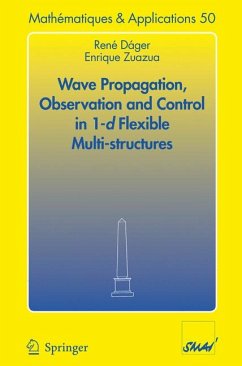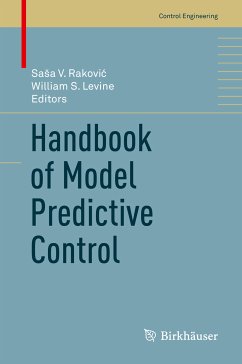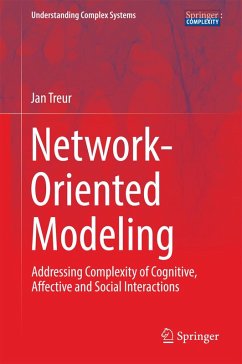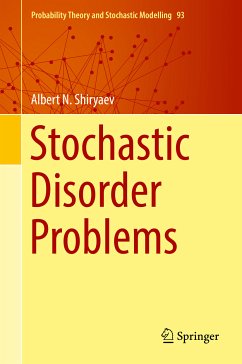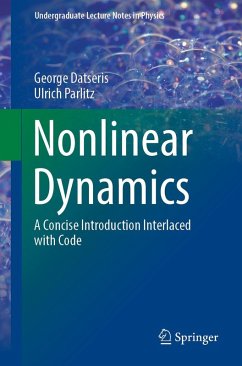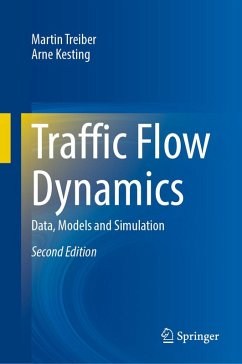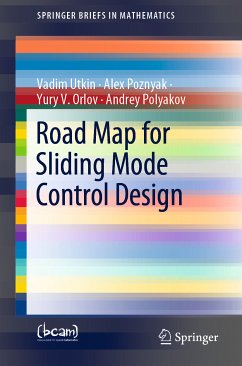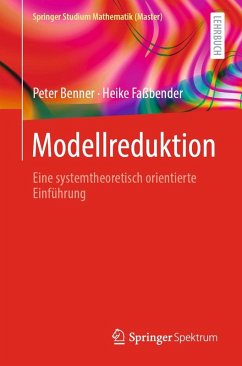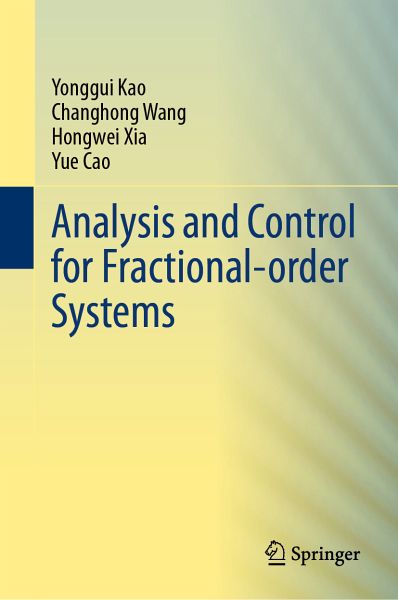
Analysis and Control for Fractional-order Systems (eBook, PDF)
Versandkostenfrei!
Sofort per Download lieferbar
96,95 €
inkl. MwSt.
Weitere Ausgaben:

PAYBACK Punkte
48 °P sammeln!
This book focuses on the applications of various types of fractional-order differential equations. The authors present their latest research results. This book for the first time introduces the concept of general fractional chaotic systems and their synchronisation, investigates the synchronisation of a fractional coupled reaction-diffusion system using a sliding mode control approach, and considers the impacts of fear and prey escape on a fractional-order prey-predator system with Beddington-DeAngelis functional response. Authors believe that these recent research results can promote the appl...
This book focuses on the applications of various types of fractional-order differential equations. The authors present their latest research results. This book for the first time introduces the concept of general fractional chaotic systems and their synchronisation, investigates the synchronisation of a fractional coupled reaction-diffusion system using a sliding mode control approach, and considers the impacts of fear and prey escape on a fractional-order prey-predator system with Beddington-DeAngelis functional response. Authors believe that these recent research results can promote the applications of fractional-order differential equations in diverse areas.
The book will be attractive to researchers in various fields of mathematics, biomathematics and engineering. Graduate students in related fields may also find this book useful.
The book will be attractive to researchers in various fields of mathematics, biomathematics and engineering. Graduate students in related fields may also find this book useful.
Dieser Download kann aus rechtlichen Gründen nur mit Rechnungsadresse in A, B, BG, CY, CZ, D, DK, EW, E, FIN, F, GR, HR, H, IRL, I, LT, L, LR, M, NL, PL, P, R, S, SLO, SK ausgeliefert werden.



